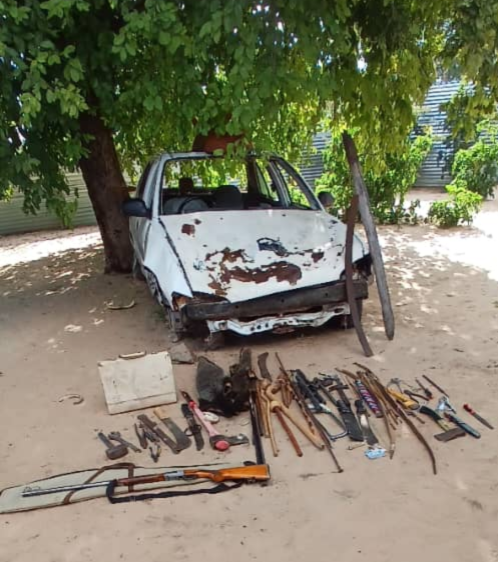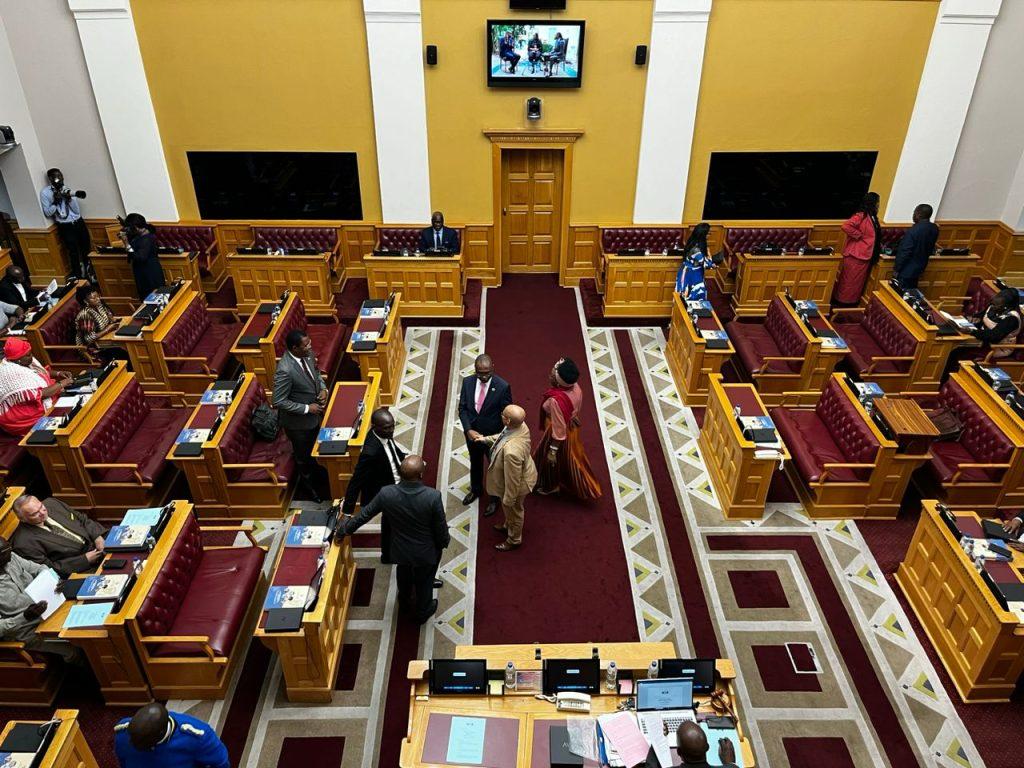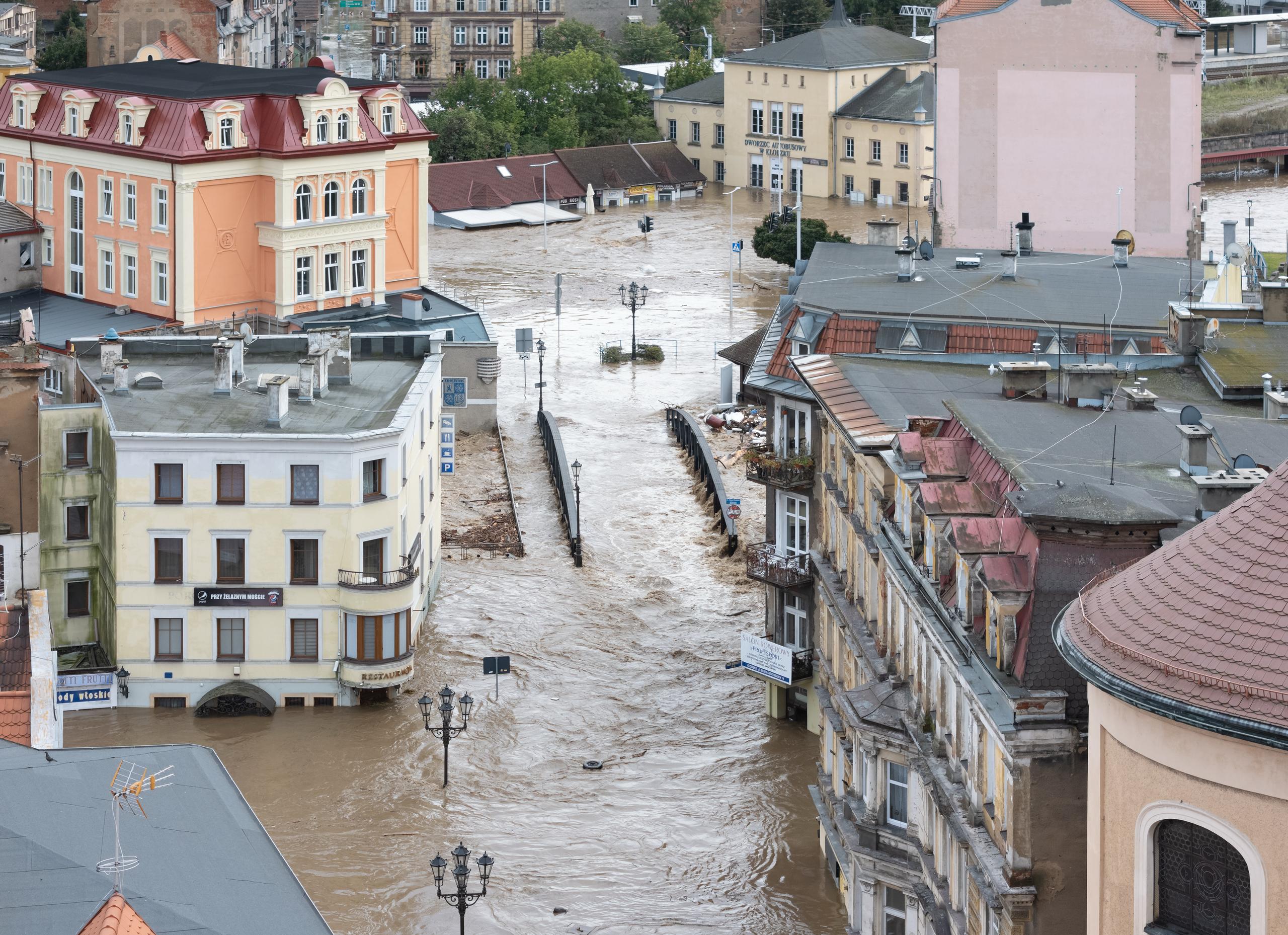KEEPING Namibia clean has been the ambition of past presidents, yet local authorities still struggle to keep the country’s waste at bay.
Minister of environment, forestry and tourism Pohamba Shifeta through the National Solid Waste Management Strategy acknowledged that the matter is indeed a challenge.
Shifeta in this document said it has become a pressing national issue, which poses a significant threat to human and environmental health.
Key problems that have been identified are waste-collection services, widespread littering, and inappropriate management practices at waste-disposal sites, such as the open burning of waste.
“This situation requires immediate remedial measures,” Shitefa said.
The National Solid Waste Management Strategy was approved by the Cabinet in 2017.
However, the implementation of the strategy is proving to be a challenge at local authority level as some are operating with outdated equipment.
Grootfontein’s municipality recently released a notice to inform the public that the waste-collection division is experiencing delays in solid waste services.
The municipality’s communications officer, Luke Salomo, says: “The delay was caused by the malfunctioning of our trucks. The council is sitting with aging equipment that needs to be serviced every other day … Currently, only one mechanic is tasked with repairing and fixing our fleets,” Salomo said.
He says the council had a contingency plan in place to address the shortfall by collecting waste using smaller equipment, which took more time and requires longer working hours.
Grootfontein’s waste is sent to an open-air landfill where little recycling is done.
“At the moment we have a temporary landfill site. The landfill has more than enough space and there is no need to expand. Secondly, the landfill is levelled on a weekly basis to make space for new waste,” he says.
Salomo says the municipality is in the process of establishing a new landfill site.
“The council further intends to establish a system of waste planning and management that complies with its obligations under national and international laws,” he says.
The village council of Okongo in the Ohangwena region has managed to keep the village’s central business district clean.
The head of technical services at the village council, Victor Nathile, says this is because they have a working waste management plan in place.
“We have a few locals who do recycling, and we have good waste-collection contractors who we are monitoring [the operations] on a daily basis, and we rehabilitate our dumping site frequently. That’s why the town is clean and no waste is coming to town,” Nathile says.
Recyclable waste collected from their dumpsite is sold at Oshikango to companies which send the materials to South Africa for further processing.
Nathile says the biggest waste-management challenge is a lack of funds.
“What would help is if the environmental fund can start assisting local authorities to manage their waste better … Such funds can go toward clean-up campaigns, setting up recycling plants, or acquiring bins and other equipment,” he says.
Earlier this year, a company called The Recycling Lab was established.
Founding member Louize Kloppers says the company has developed a small recycling machine that is currently being tested in the Twyfelfontein area.
“The machine will make it easier for people in remote areas to process their waste and to get it to Windhoek or other recycling centres,” Kloppers says.
Most of Namibia’s recyclables are sent to South Africa for further processing, while over 12 000 tonnes of non-recyclable material collected by Rent-A-Drum annually is used by Ohorongo Cement’s factory, along with other alternative sources of fuel to fire the kiln (oven), which are key in the process of cement manufacturing.
Stay informed with The Namibian – your source for credible journalism. Get in-depth reporting and opinions for
only N$85 a month. Invest in journalism, invest in democracy –
Subscribe Now!










